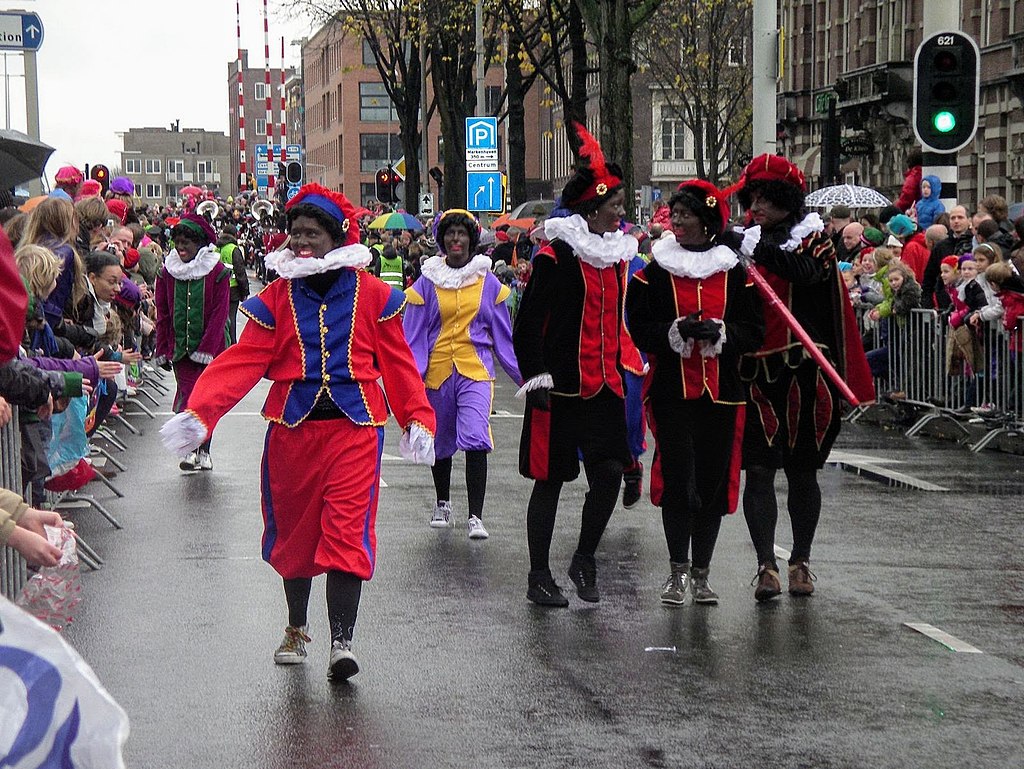Achiume is a special rapporteur for the UN, dedicated to researching racism, xenophobia and discrimination across the globe.
This week she presented her final report on the Netherlands, reports AD. While noting that the country has good equality principles in law, a lot of work still needs to be done. She said that believing that the Netherlands is already a place of high equality and tolerance hinders real progress.
The importance of a new history curriculum
She continued by saying that the Dutch government should play a leading role in education on colonial history in the Netherlands. The contribution of Morrocan and Turkish immigrants, among other ethnic groups, deserves more attention at school. She also criticized ethnic profiling done by the Dutch police, considering this a direct impact from history.
Achiume praised the fact that cities are starting to ban blackface for Sinterklaas. Nevertheless, she noted with surprise the threats anti-racism activists face and the lack of involvement from authorities. “Protection of the government does not seem enough. Penalties for people participating in racist activities are low.”
Interview with the UN rapporteur
Tendayi Achiume gave an interview to AD, discussing some of these issues. Among her answers, she noted that “What I encountered time and time again, is what I call the Dutch paradox. Civil servants and citizens said that the Dutch identity is inclusive and tolerant, and has always been so.”
“But at the same time, they couldn’t do much with the experiences of racial, ethnic and religious minorities, who feel they are eternal foreigners. People from the Caribbean parts of the Kingdom have been described as non-Western migrants, even though they have been Dutch citizens for centuries. So I hope that the current debate will lead to more reflection on who belongs and who is not seen as someone who belongs. And what the role of the government is, to make you feel like a full member of Dutch society, regardless of your ethnicity, race, or religion.”
She continued by saying that “One of my big recommendations is about education, more attention to the Dutch colonial past and the history of slavery.”
“This is not only about understanding the ways in which people of African descent and other groups have contributed to building the Netherlands, but also about emphasizing that white Dutch people have benefited from the exploitation of these groups. And then really reflect on the stereotypes, the ways we see people that still exist today because of that legacy.”
“Take ethnic profiling by the police. That is based on stereotypes about crime. They have been influenced by history.”
Progress also noted
She also noted that she does see progress in the Netherlands on these issues, stating that “The legal frameworks are strong, and there seems to be progress in the debate about Zwarte Piet. There is a very lively community of people who are committed to anti-racism, which gives me hope. At the municipal level, people are more open to reflecting on how to represent Dutch culture in a more inclusive, fairer way. And it is positive that I was allowed to do this visit – there are countries that do not even allow it.”
Follow DutchReview on Facebook for the latest news in the Netherlands.
Feature Image: René Cortin/Wikimedia Commons



Thank you for this article. Tendayi Achiume is correct. Educating young and old and paying more attention to the Dutch colonial past and the history of slavery is extremely important to combat racial injustice and racism. History is about the good, the bad and the ugly.